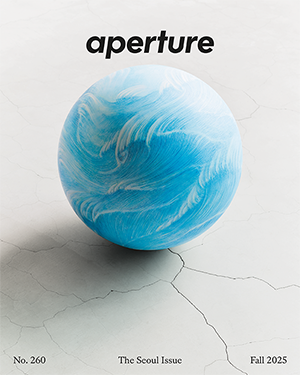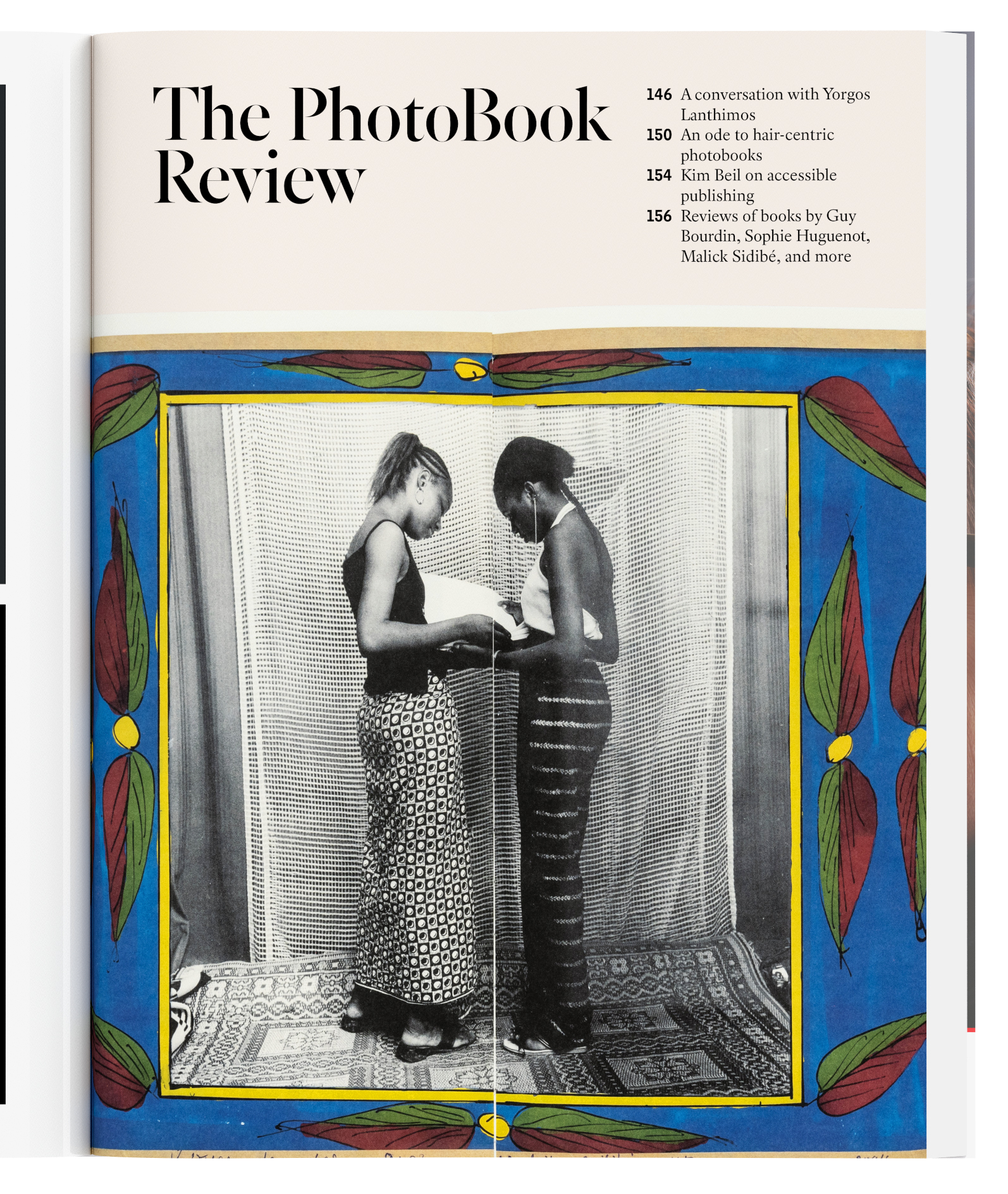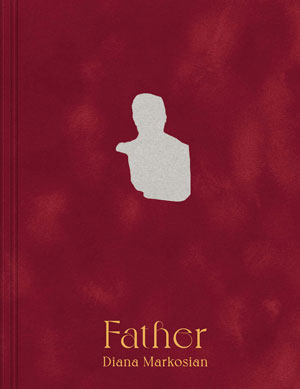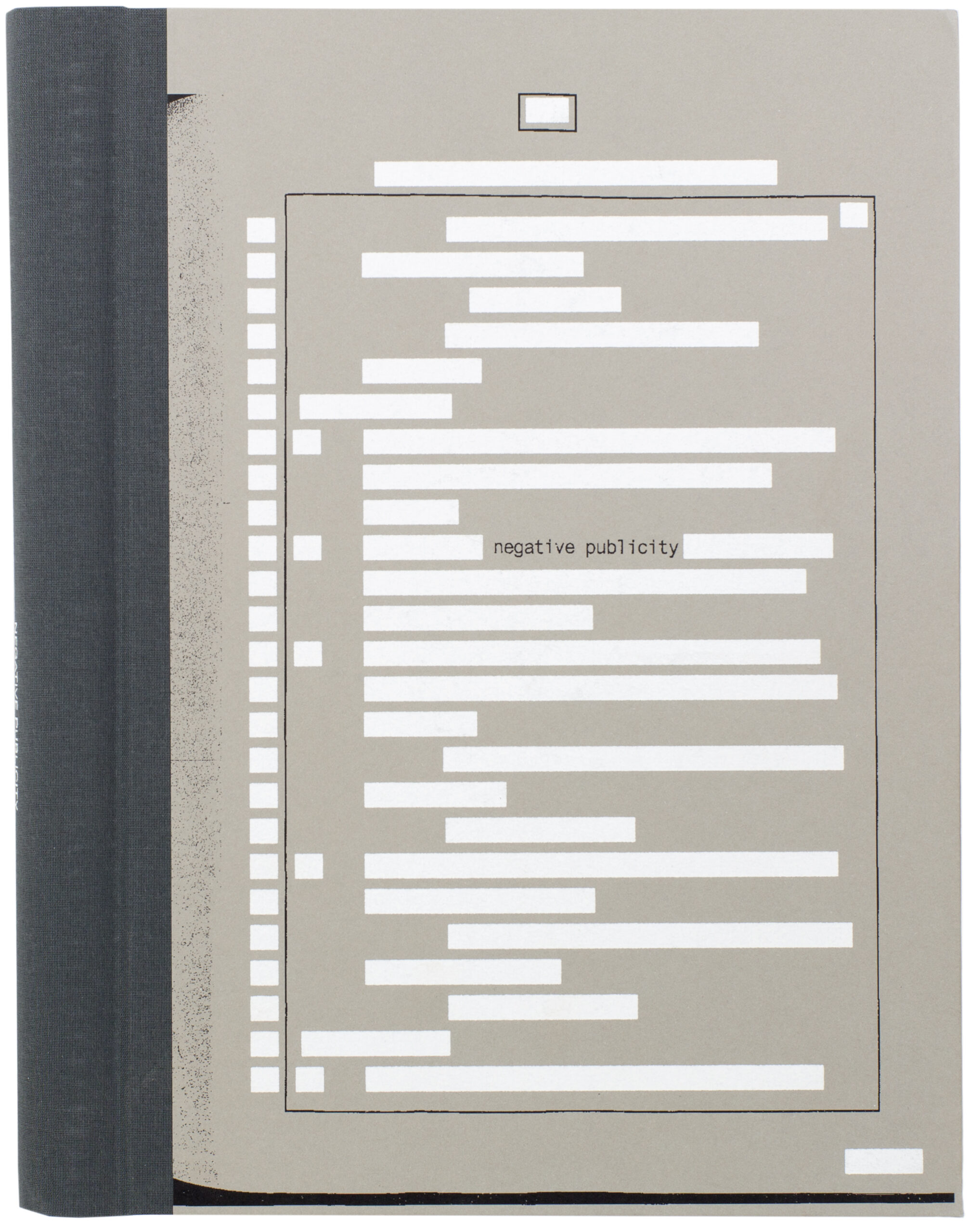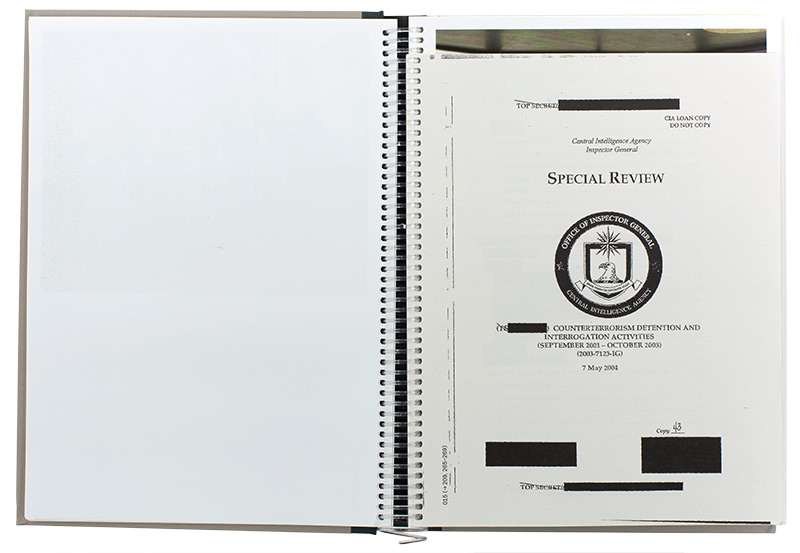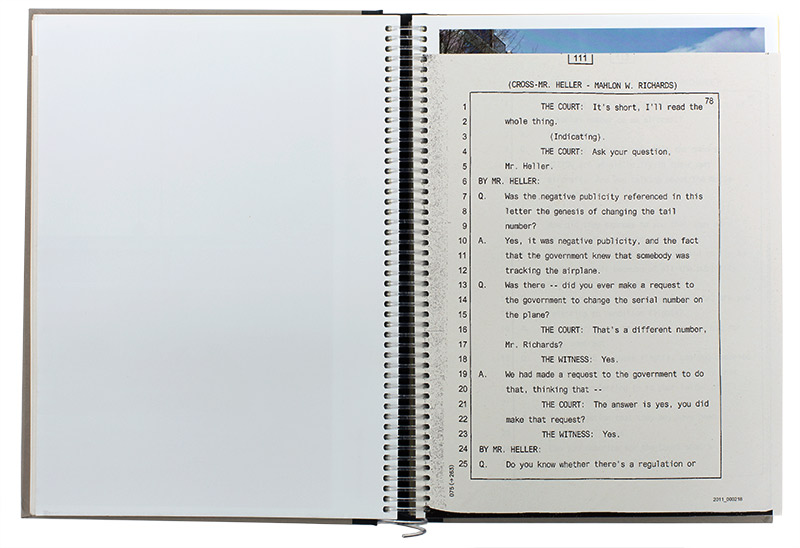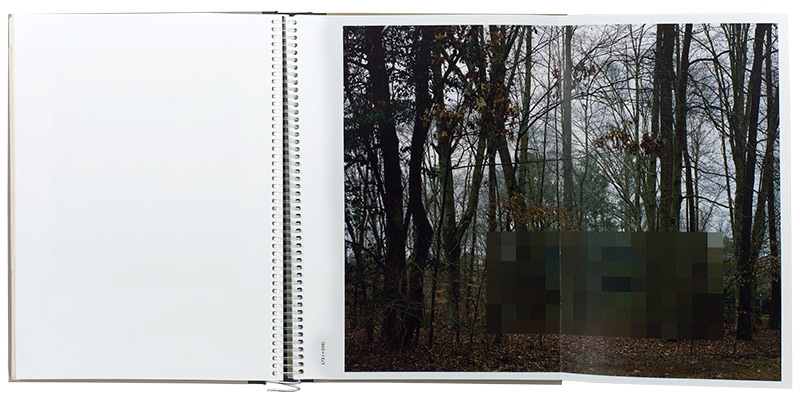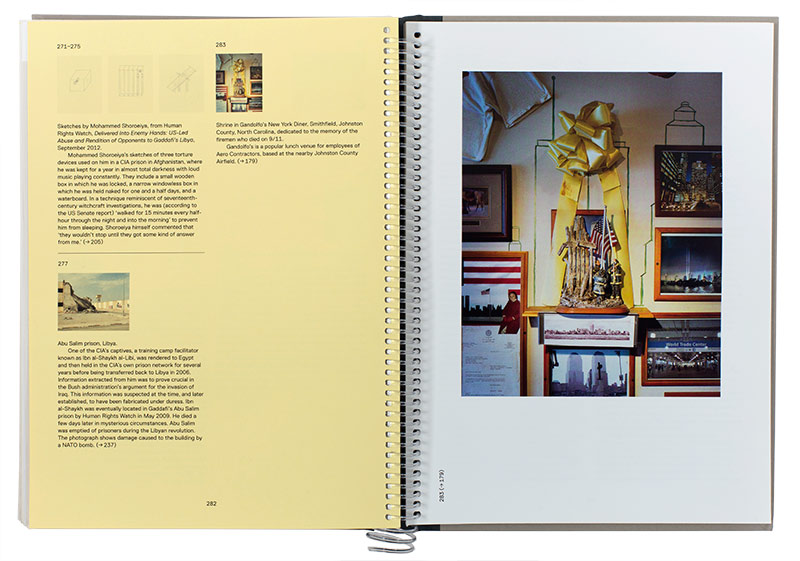Edmund Clark and Crofton Black: Negative Publicity
Artefacts of Extraordinary Rendition
$80.00
In stock
Copublished by Aperture and Magnum Foundation
Format:
Number of pages: 288
Number of images: 0
Publication date: 2016-02-23
Measurements: 8.5 x 11.75 x 1.1 inches
ISBN: 9781597113519
Edmund Clark is an award-winning photographer whose work links history, politics, and representation. His series Guantanamo: If the Light Goes Out (2010), Letters to Omar (2010), and Control Order House (2012) engage with state censorship to explore hidden experiences and spaces of control and incarceration in the global ‘war on terror.’ His work The Mountains of Majeed (2014) reflects on the end of Operation Enduring Freedom in Afghanistan, the longest war in American history. Clark has received worldwide recognition for his work, including the Royal Photographic Society Hood Medal for outstanding photography for public service and the British Journal of Photography International Photography Award, as well as being shortlisted for the Prix Pictet and the W. Eugene Smith Award. His work has been acquired for public collections in Europe and America. He teaches at the University of the Arts, London.
Crofton Black has spent over five years carrying out in-depth international investigations into counterterrorism tactics on behalf of the human rights group Reprieve, the Bureau of Investigative Journalism, and other organizations. He has a doctorate of philosophy from the University of London on the topic of early modern hermeneutics and was formerly an Alexander von Humboldt Fellow at the Freie Universität Berlin.
Eyal Weizman is Professor of Spatial and Visual Cultures at Goldsmiths, University of London, where he directs the Centre for Research Architecture and the European Research Council funded project Forensic Architecture. He is also a founder member of the collective Decolonizing Architecture Art Residency (DAAR) in Bethlehem, Palestine. He is the author of Hollow Land, among other titles. He lives in London.
Ben Weaver is a graphic designer, art director of The Wire magazine, and cofounder and publisher of Here Press.
